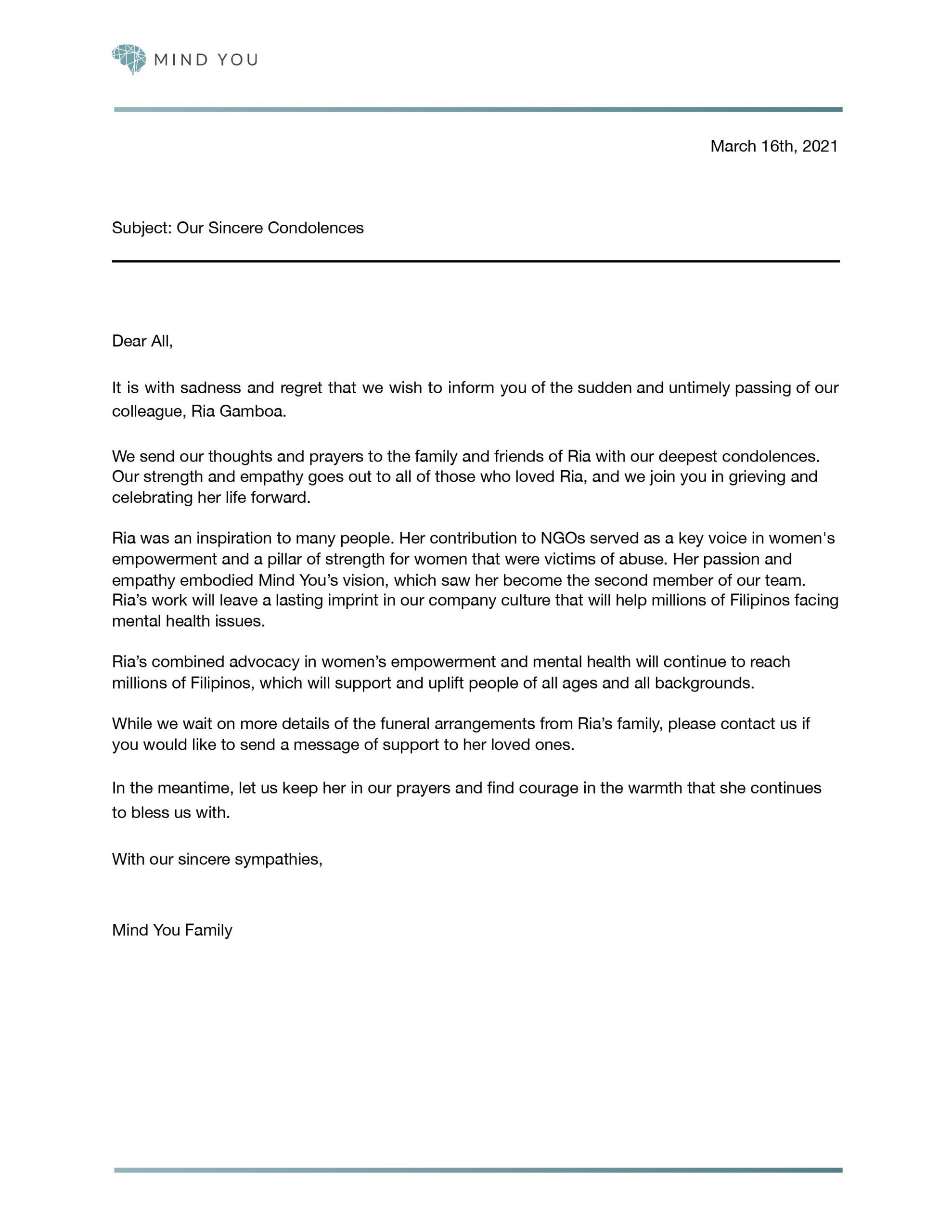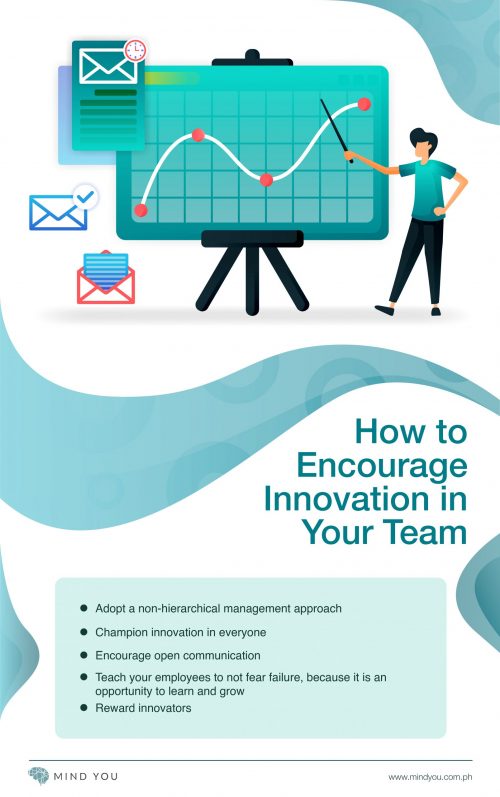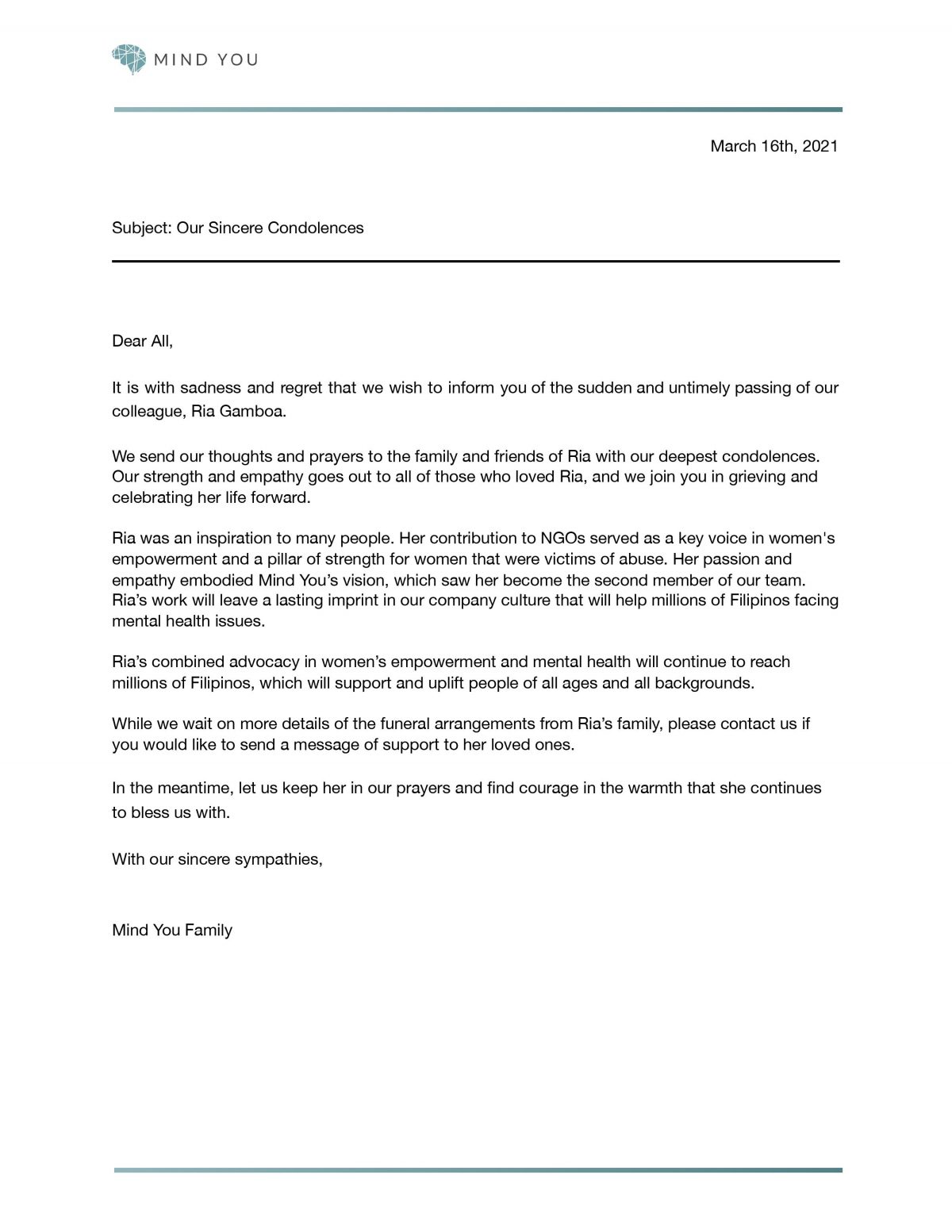
Author: Sandra Rodriguez
Senior Marketing Communications Manager

The Power of Adaptability


It is understandable to experience a range of thoughts and feelings during a period of change. For example, you may have doubts about your ability to transition into a new role for fear of personal failure, or may be unwilling to adjust to the new processes due to fear of the unknown. However, it is possible to manage these thoughts by reorienting your mindset – in so doing, you may find that you are not just surviving the change, but thriving despite it.
Here’s how you can cope (and perhaps, even flourish) during periods of change:
Separate your thoughts and emotions from those around you. A study carried out by Facebook confirmed the existence of ‘emotional contagion’, wherein exposure to positive or negative emotions from those within your vicinity – whether in person or from your social circles online – results in you exhibiting similar emotions. While a period of change may signify consequences for everyone, be mindful that you are not subconsciously absorbing the anxieties of those around you. Such emotions, when combined with your own, may drain you and impede your ability to make good decisions.
Empower your colleagues. Amidst the collective anxiety and stress, maintain a positive outlook with your colleagues. You do not have to be in a management position to help boost the morale of your team. Show your gratitude for their hard work by letting them know you’re thankful for the project they’re helping you with, or the extra hours they are putting in. Not only are you lifting their spirits, but you are also setting an example for others to follow suit.
Seek independent support. Whether you confide in a loved one or a mental health professional, it is always good to express your thoughts and feelings to those outside of your organisation, as they can provide emotional support while maintaining objectivity.
Book a session with one of our licensed psychologists at any time to get the support that you may need.
See the period of change as an opportunity to stand out. Bosses often see an obstacle as a chance to gauge how their team members rise to the occasion. Create an action plan for yourself, outlining your goals within the organisation, how you plan to achieve those goals and a timeline of when you plan to do so. Sit down with a member from the Human Resources department, or schedule a meeting with your direct supervisor to discuss your plan. While you may need to manage your expectations with regards to what they will be able to accommodate, seeing you take initiative with your career will be much appreciated.
Creating an action plan also includes your financial security. This can be daunting but necessary to make ends meet. Working out your budget and developing cost-effective habits can cut back spending and provide a cushion for you in emergency situations.
To read more about how to devise an effective savings strategy, click here: https://www.mindyou.com.ph/financial-tips-saving-money/
The next step is to become valuable within your organisation. For instance, you can make recommendations to HR regarding possible mental and physical wellbeing programs that can be implemented to help assist employees during periods of structural change, or volunteer to take on some of the work being shouldered by an overloaded colleague.
Ultimately, change and uncertainty is inevitable. Acknowledging changes, processing how you think and feel about them and then taking purposeful and strategic action will not only enhance your professional development, but your personal growth as well.
Sources:
The Guardian. 2021. Coping with stress: a survival guide to restructuring and redundancy at work. [online] Available at: <https://www.theguardian.com/careers/cope-stress-survival-guide-restructuring-redundancy-change-work>
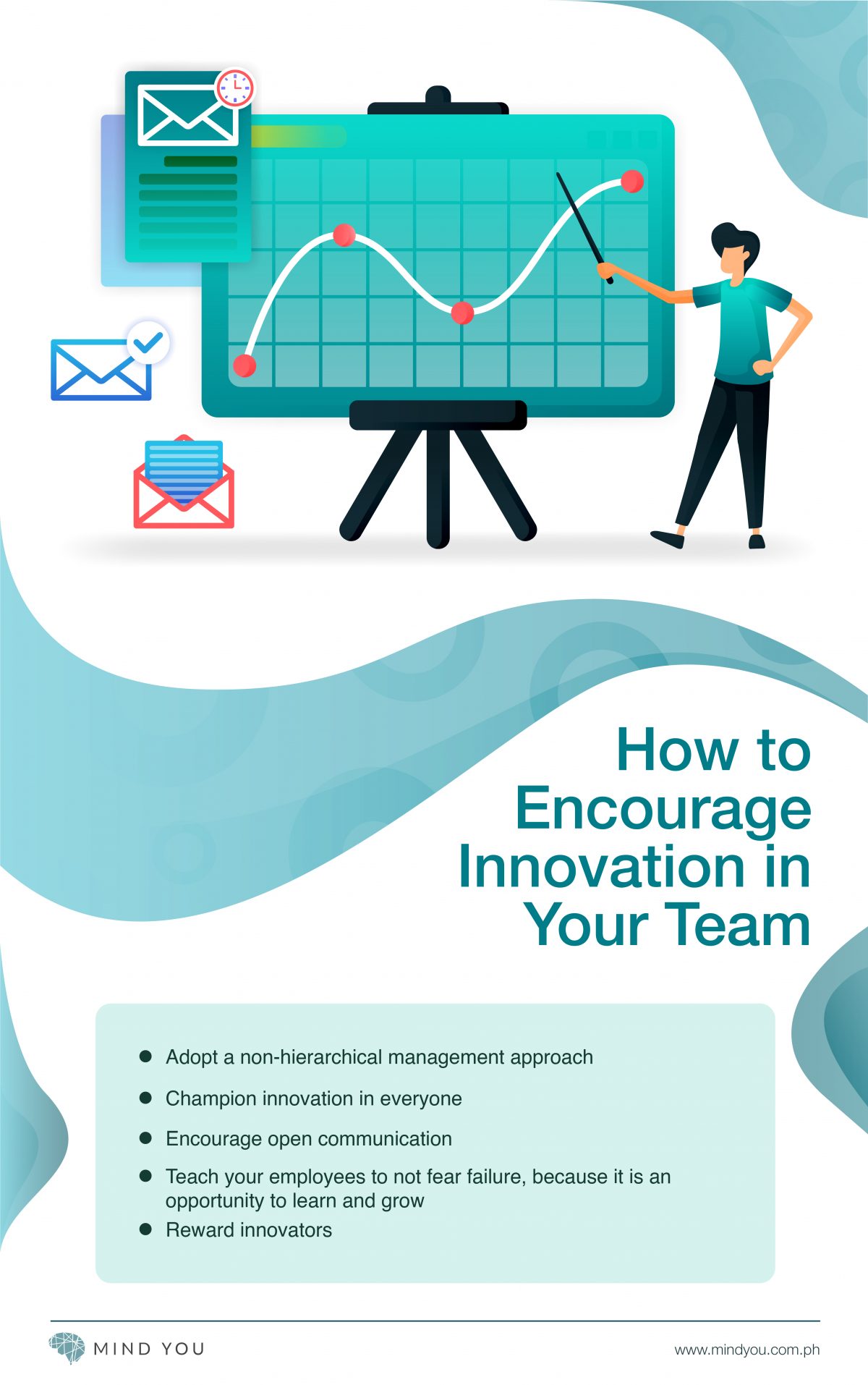
How To Make Happiness A Habit






